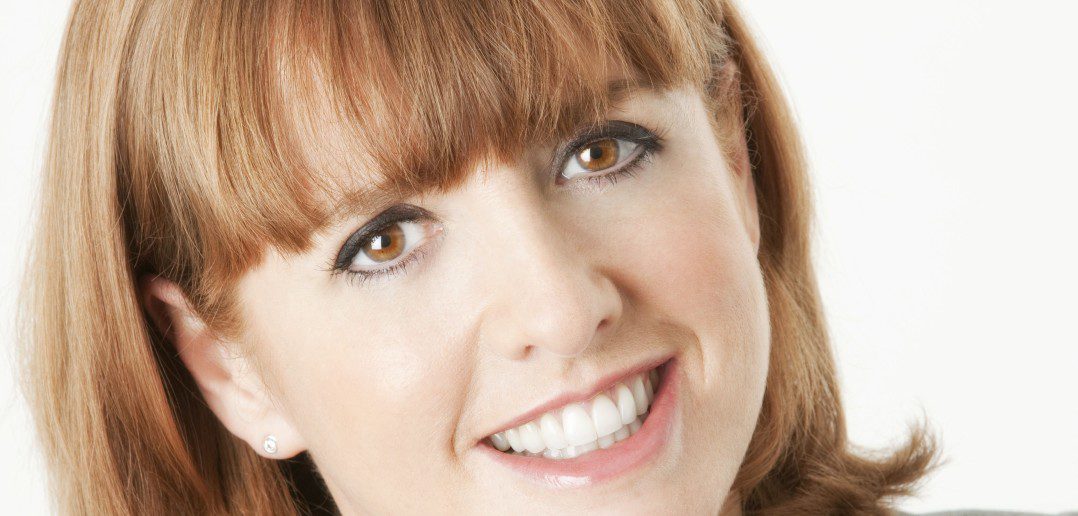Now more than ever the international Programme Sales and Distribution business is having to remain closely connected to the Channel business and Consumer Products, as well as marrying up linear and non-linear rights exploitation. “As a result of this combined strategic approach, the industry has steadily and confidently moved away from the idea of first screen vs. the second screen. Now all rights, regardless of platform or medium, are uniquely valuable – at least in our view,” says Caroline Beaton, Viacom International Media Network‘s Senior Vice President, International Programme Sales.
10 years ago when Beaton set up her consulting company Road Trip Media, things were vastly different: “It was all about the 2003 Communications Act, the first screen, secondary and ancillary rights, and even that felt as if we were breaking new ground. 18 months after that, non-linear rights suddenly started to come up in discussions, but it was very new and we were dealing with mere tag-ons to linear programming, and frankly it was all very clunky. The real shift to a more blended, seamless approach took another few years to appear, and as is so often the case, it was the Nordics who blazed the trail. The population of the Nordic countries is pretty much without exception made up of early adopters, so technology was an integrated part of their programming at a much earlier stage in its evolution. For example, there was a run of Nordic shiny floor shows during the big format boom in the early ‘00s where the interactive elements were part of the viewing experience, and so much better done than anything from the rest of the world at that time.”
The current state of play is that companies are having to look rather differently at their programme offerings, as well as investing in research, to be able to understand and react to an audience that is changing as fast as the technology underpinning its viewing experiences. “We have taken a much more holistic approach to the linear/non-linear question. How the rights are divided up is very much top of mind for everyone right now because there is no such thing as one size fits all anymore. The situation continues to become more complex and consequently every company has to be ever more agile, and I believe things will change even faster in the years ahead. You can no longer assume that having a really great show is enough; it has to be available in multiple formats, and be visible across every possible shop window. Despite these new complexities, we’re presented with multiple opportunities to super-serve our audiences across a much bigger playing field – which is ultimately good news for everyone! Ultimately, it’s all about selling as buyers buy, and we’re expert at doing that.”
In light of the rapidly changing landscape, having years of experience is both a blessing and a curse: “Just two years ago the idea of ‘everything everywhere’ was still seen as a huge ask, and now it’s the norm. And if you then consider MTV and Nickelodeon‘s demographic, who are in the main younger than the people making decisions within the business itself, there are times when you have to admit that other people are better qualified to determine what needs to be done, so a bit of humility, coupled with a willingness to listen and learn, is crucial. That’s where research is so important, to truly understand our audience and their viewing habits; and it’s something that Viacom invests in heavily and uses constantly across all its departments. Working in this environment certainly keeps you on your toes!”
This is the first in a series of posts from MIPCOM’s top influencers, ahead of our 2014 edition. The posts are coordinated by Gary Smith, senior reporter for the MIPCOM News. Read of all his posts here!




